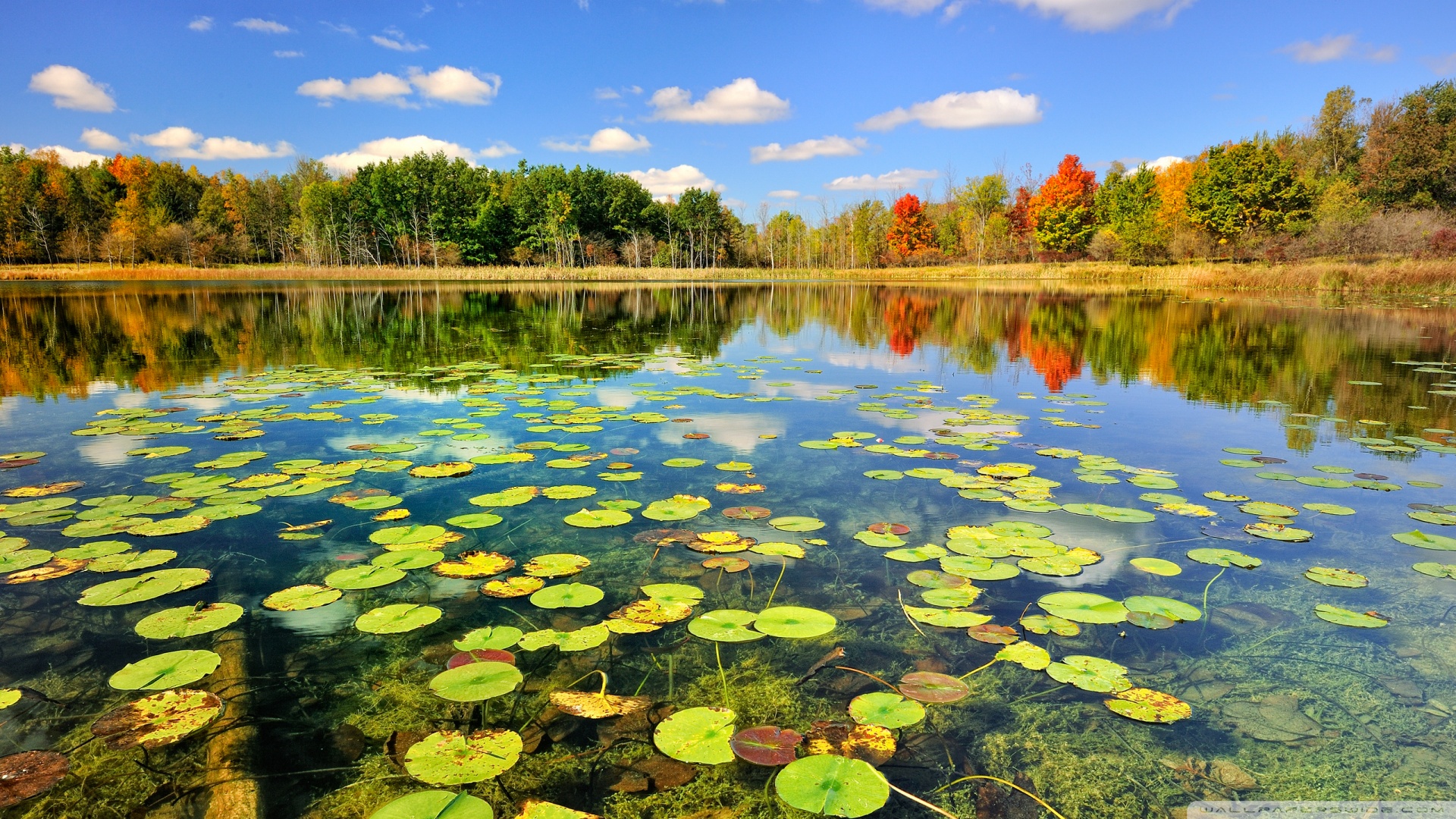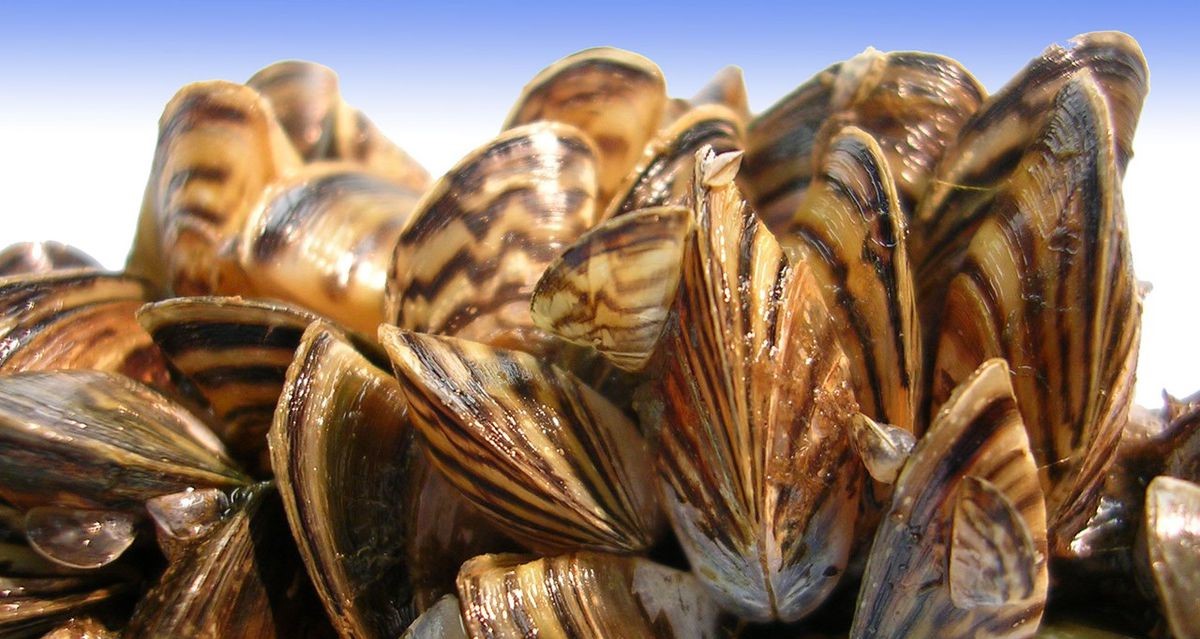Zebra mussels which get their name from the striped patterns on their shell are a small freshwater mollusk that are rapidly invading America’s lakes and rivers. Originating from Russia, Zebra mussels were first discovered in the great lakes in 1988 and have been spreading throughout waterbodies in the United States since then. Zebra mussels eventually made their way into New England and in July of 2009 The Massachusetts Department of Conservation and Recreation (DCR) had confirmed the presence of zebra mussels in Laurel Lake which is located in Lee, MA in Berkshire County.
The spread of zebra mussels is incredibly difficult to stop once they have made their way into local waterbodies. By December of 2009 zebra mussels were also discovered in Laurel Brook as well as a portion of the Housatonic River in Stockbridge, MA. The microscopic larvae of the zebra mussels can easily become trapped in ballast water, bilge pumps, boat engine coolant systems, bait buckets, and live wells. It is therefore very easy for zebra mussel infestations to propagate from one waterbody to another. Additionally, young zebra mussels which are only about the size of a fingernail, are free swimming and can easily be transported via water current. Older zebra mussels can grow up to 2 inches in length and can attach themselves to boat hulls and aquatic vegetation using an external thread-like organ called the bysus. Zebra mussels can live out of water for over 2 weeks under the correct environmental conditions. This resilience makes the accidental transportation of this aquatic nuisance even more likely to occur.
Zebra mussels are an invasive species that cause damage to both manmade structures and natural ecosystems alike. For example, zebra mussels have been known to clog water intake pipes at power plants and other facilities that rely on fresh water. Zebra mussels can ruin boat engines by becoming lodged in engine coolant systems which ultimately causes the engine to overheat. Zebra mussels have even been known to sink navigational buoys due to the added weight of tens of thousands of zebra mussels being attached to the floating buoy.
Zebra mussels cause damage to aquatic ecosystems in a a number of different ways. Zebra mussels consume algae which is also the food source of larval fish as well as other native organisms. A large zebra mussels infestation could therefore cause a decrease in the population of other animals including fish, birds and other fresh water mollusks. Additionally, Zebra mussels can attach themselves to crayfish, turtles, and fresh water clams in such a way that impedes their ability to perform basic functions in the wild such as eating or fleeing from predators. Zebra mussels are filter feeders, and as such can cause an increase in water clarity. This can lead to an increase in the population of aquatic vegetation.
Now that zebra mussels are known to exist in the Berkshires it is our shared responsibility to help prevent their further spread. As such, Mass DCR has instituted an interim zebra mussel action plan that contains information regarding the steps that must be taken to stop zebra mussels from spreading to other lakes and streams in the Berkshires. A good portion of the interim zebra mussel action plan is dedicated to the procedures required to decontaminate a boat from a potential zebra mussel infection which I would highly recommend that you take the time to read. The Interim zebra mussel action plan can be downloaded here. Part of the interim zebra mussel action plan mandates that all boaters must fill out a clean boat certification form before launching their boat from state boat ramps. The clean boat certification form can be downloaded here.

